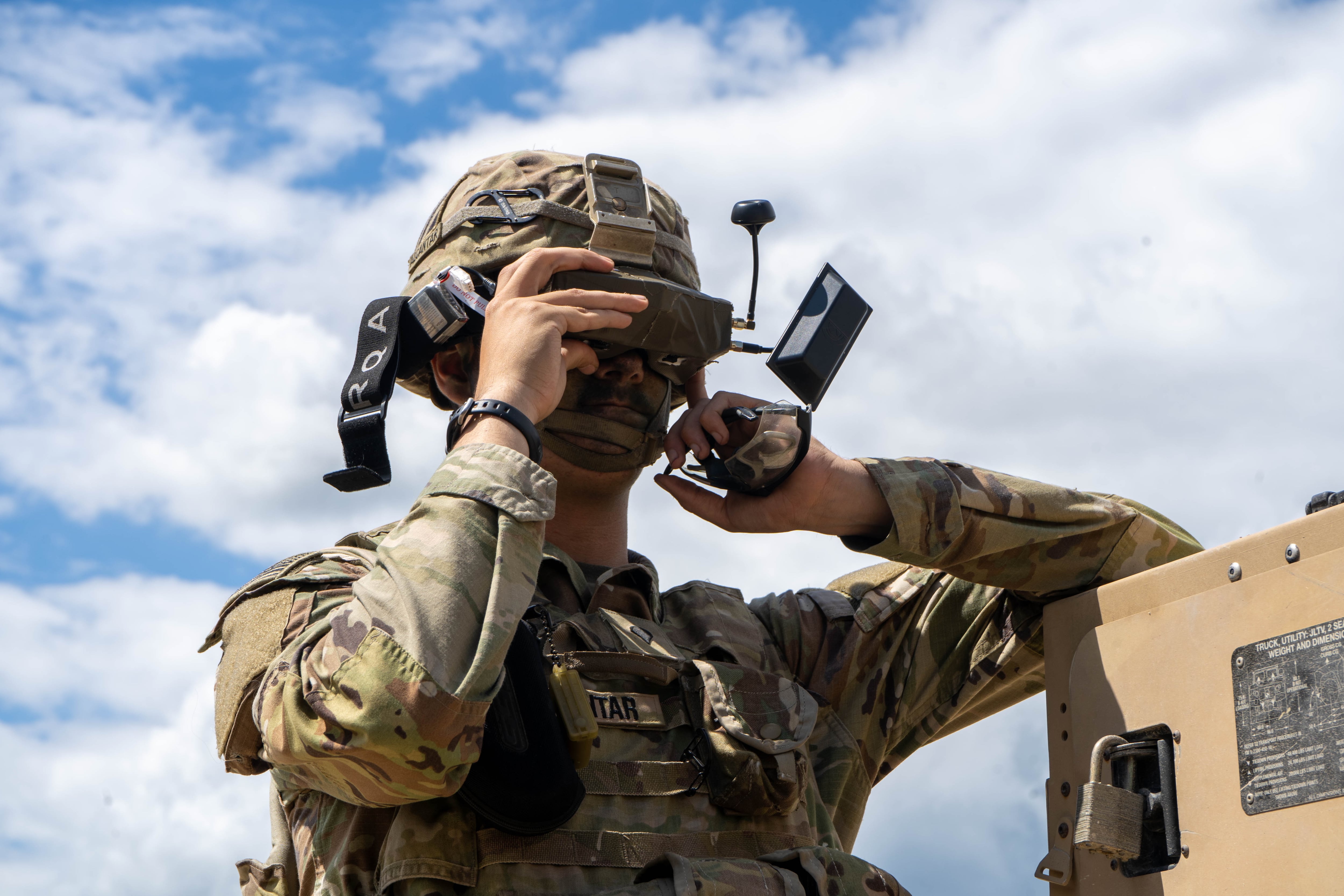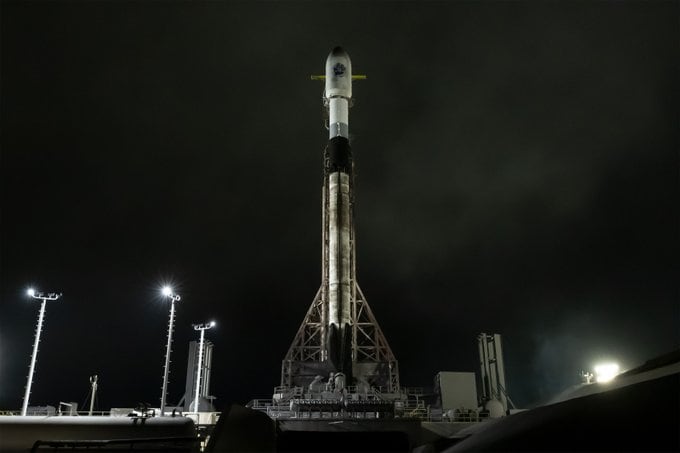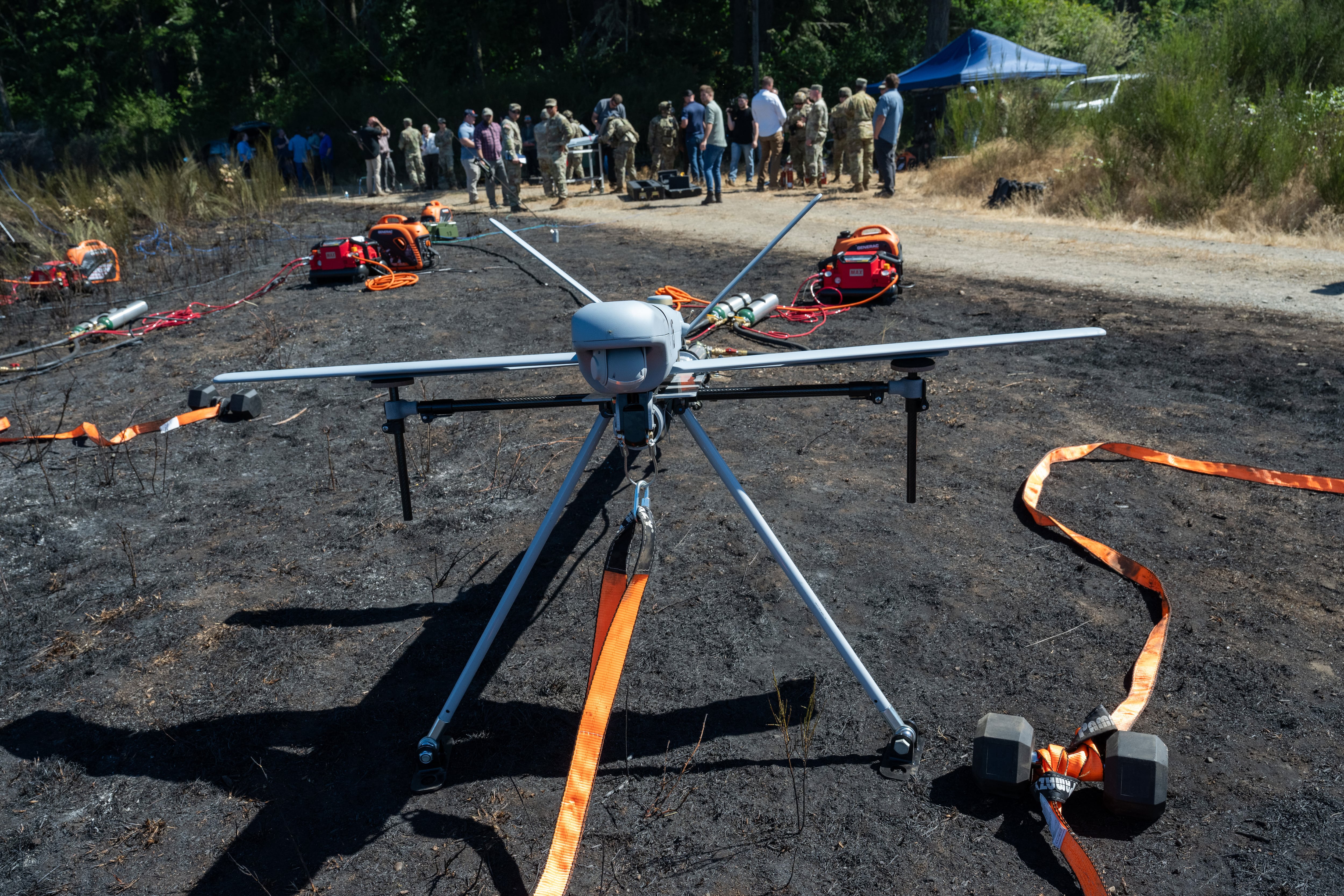The merger of radio giant Harris Corp. and Exelis, known for aerospace, defense and information systems, is poised to make the combined company one of the largest defense contractors. But what does it mean for the market if and when these two companies – which provide very different services – follow through on the plan to merge?
The proposed merger was announced Feb. 6, and since then market players have been working to suss out the implications of the nearly $5 billion deal. Much remains to be seen in terms of what will happen after the merger, but most analysts agree that the resultant company will have a broader footprint in the federal government – an area in which both organizations have slipped and will be looking to recover.
Good or bad?: Join the discussion on LinkedIn
On the surface, the two companies don't have much in common. But one big similarity is their government customer base: For both, their largest agency customers are the Defense Department, the Transportation Department and the Commerce Department. The customer base is an area where Harris' and Exelis' synergies will come together, especially when it comes to IT, according to analysts.
"Beyond the complementary nature of customers, this is going to help bolster Harris' credentials as an IT integrator. They want to provide end-to-end services where they go in and do everything for the customer," said Jesse Holler, quantitative analyst at Bloomberg Government. "Acquiring Exelis helps because they can bring in the communications and IT equipment. Harris also can focus more on strictly federal services: Exelis' are almost entirely federal [services], while Harris is substantially commercial, so it boosts the federal business."
The two companies also will look to bolster where each other are lacking. For example, the Exelis hardware business has struggled in recent years, while Harris has lost contract obligations with the Navy and Air Force even as Exelis has gained some DoD business, analysts pointed out.
Defense will be a major point of focus, particularly IT services and technology, including in intelligence, surveillance and reconnaissance – the precious handful of areas receiving boosts in the 2016 budget.
"Where Exelis has been seeing the most growth is in their consulting and services business. Harris is a hardware business, mostly [radio], but not in the areas that are strong for Exelis, mostly electro-optic," said Jay Harrison, director of the Center for Smart Defense at West Virginia University. "There's virtually no overlap between these two businesses, so there won't be much in the way of operating efficiencies coming out of the merger. On the flip side, the resulting business is much more diverse and covers a lot ground in the ISR world: ground stations, [electro-optical] sensors, [radio frequency] sensors, radios and data links, and data processing and fusion."
The merger will have implications beyond the Pentagon as well as Harris seeks business in new corners of the federal government.
"If you look at what they're trying to get into…Harris' presence currently is minimal in NASA, but they'll be ramping up there with the Exelis merger. NASA is Exelis' fourth-largest [federal customer], but it's not even top five for Harris," Holler said. "So they'll definitely get a bigger foothold in NASA, and what's interesting there is most of NASA's budget goes toward contracting – not like at DoD where a significant portion of the budget goes toward personnel and administrative costs."








